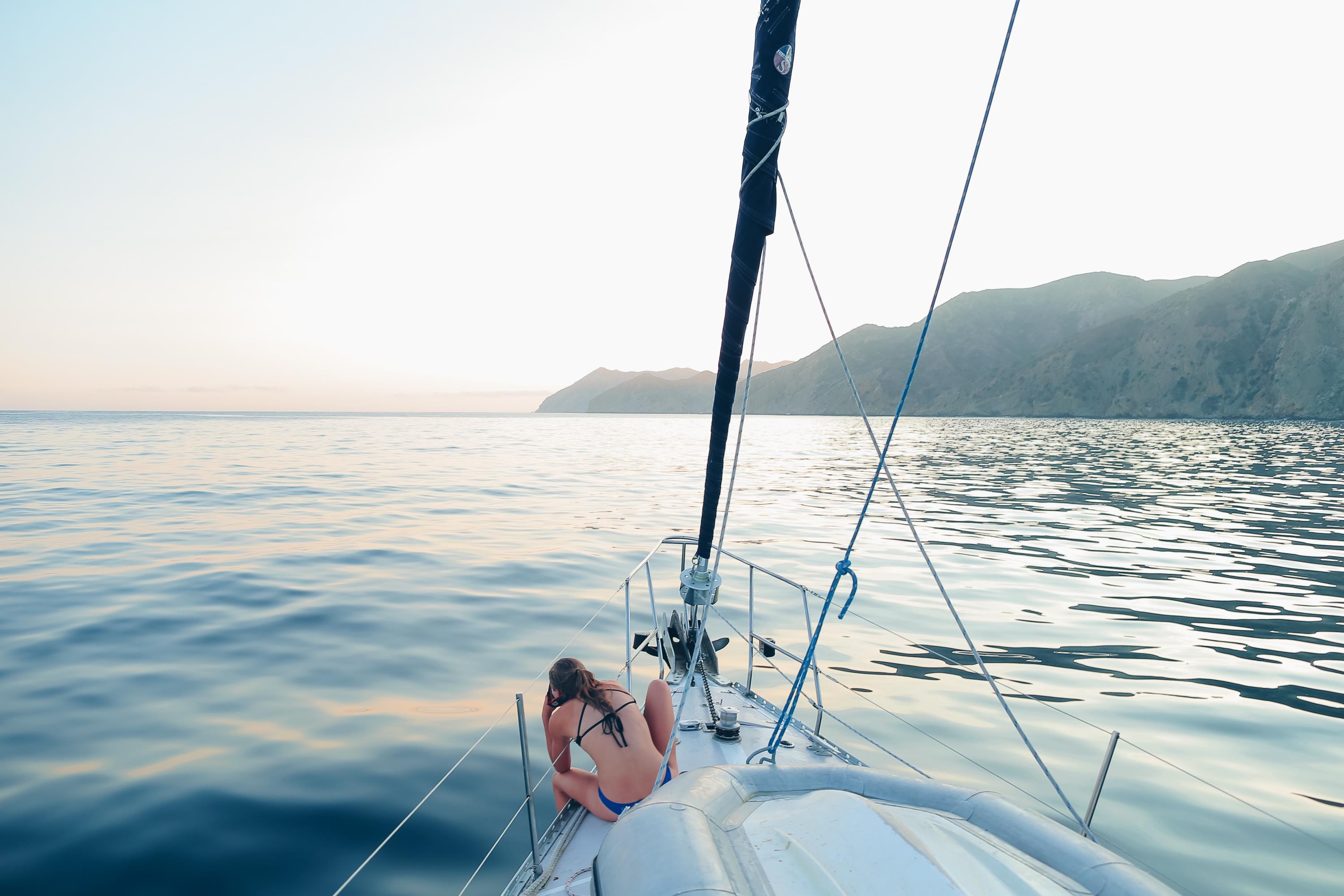
What To Consider When Insuring Your Boat
Insurers consider many factors when deciding whether or not to offer a policy. Almost any vessel can be insured— for a price. You want to consider the following to make sure the policy you purchase meets your needs:
- Age of Boat
- Length
- Value
- Speed/Horsepower
- Condition (Does it meet US Coast Guard Standards in effect at the time it was built?)
- Primary residence (If the boat is used as a primary residence)
- Type (Inboard, Outboard, utility, cruiser, commercial, saltwater fishing boat, performance boat)
- Homemade (Boats without a serial number are tricky but many kits are okay)
- Houseboats with no motor
- Ownership (more than 2 owners)
- Where it will operate (Ocean, lakes, bays, rivers, Inter-coastal)
There are two basic types of boat insurance—“agreed value” and “actual cash value.” How depreciation is handled is what sets them apart.
An "agreed value" policy covers the boat based on its value when the policy was written. While it can cost more up front, there is no depreciation for a total loss of the boat (some partial losses may be depreciated).
"Actual cash value" policies cost less up front, but factor in depreciation. In other word, the policy will only pay up to the actual cash value of the boat at the time it is declared a total or partial loss. Eventually, as your boat ages, your insurer will likely insist on an actual cash value policy—and if often gives a substantial savings.